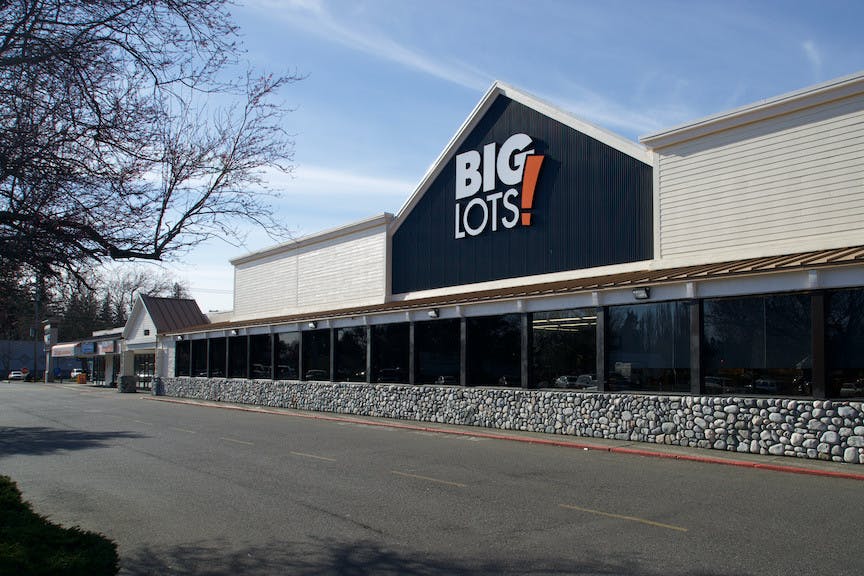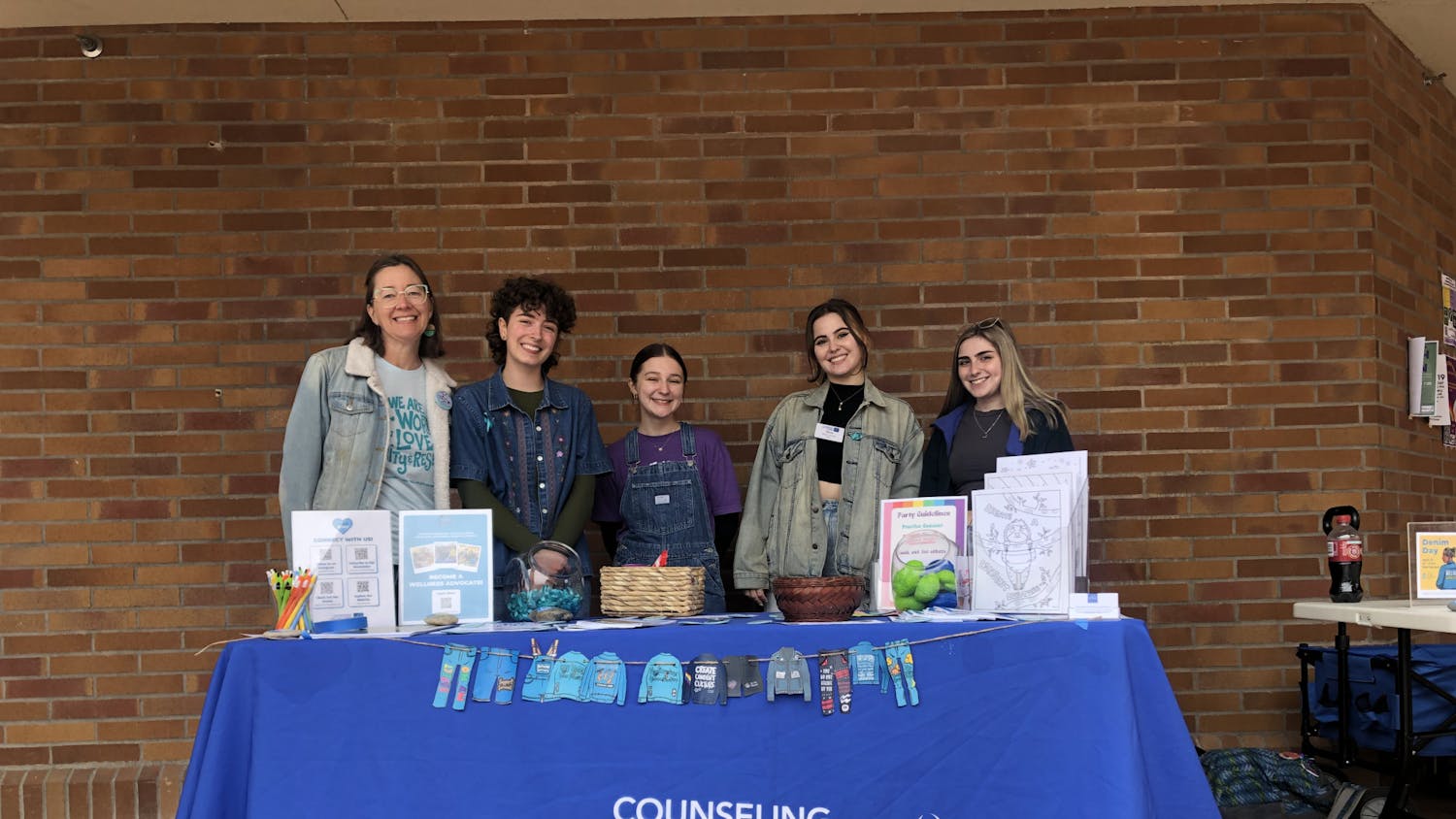Since 2016, the Birchwood neighborhood has been without a viable supermarket. The community has stepped up, the city has not.

By Finn Calvert
Vegetables: Vegans love them, kids hate them and Birchwood residents have to travel miles to get fresh ones.
Since 2016, the Birchwood neighborhood in Bellingham has been home to a “food desert” — an urban area without easy access to fresh, healthy foods — due to the closure of the neighborhood’s only supermarket, Albertsons.
For Birchwood, the problem is complicated by a non-compete clause put on the property by Albertsons. The clause prevents grocery stores from operating on the property — which is the only suitable building for a supermarket in the area, said Tina McKim, a steering committee member for Birchwood Food Desert Fighters.
This lack of access has had a profound impact on the Birchwood community.
“It’s a lot of extra struggle that goes on for particularly low-income people, disabled people and chronically ill people,” McKim said.
McKim cites the added funds, time and access to transportation needed to get fresh food as reasons Albertsons’ closure has made food access harder for Birchwood residents.
In response, Birchwood Food Desert Fighters has arisen as a beacon of community ingenuity and mutual aid.
To provide produce, the collective manages multiple community gardens, encourages produce sharing among community members and operates a food sharing station.
Since the pandemic started, food insecurity has only worsened. As a result, Birchwood Food Desert Fighters has gone from distributing approximately 500 pounds of produce per week to 2500 pounds and still cannot feed everyone, McKim said.
The group also successfully lobbied for a ban on future non-compete clauses in Bellingham in 2019.
This is the exact type of localized, bottom-up, community-based problem solving the city should be doing everything in their power to enable. Unfortunately, that’s not the case.
“The city feels its role is to do things for people instead of interacting with the community and helping them succeed,” McKim said. “They’d rather talk to experts than the people experiencing the issues in real time.”
Birchwood Food Desert Fighters has shown the power and effectiveness of their collective efforts. Why is the city looking elsewhere for solutions when there is one right in front of them?
The ban on future non-compete clauses in Bellingham was an important step to curtail future food insecurity, but it did nothing for Birchwood.
The neighborhood still lacks a supermarket and residents are still forced elsewhere for fresh, healthy food.
Even if the city is so hell-bent on relying solely on outside experts, there are still policies they could put in place.
Michael Widener, a professor at the University of Toronto, has studied the geography of food insecurity. According to Widener’s work, even the “food desert” analogy is over-simplistic and other factors besides spatial access can be just as important.
“Consider a single parent who works two jobs and has two kids. Even if they live above a grocery store, that person is going to face a lot of time and financial pressure, even with incredible food access,” Widener said.
This intersection of factors seems to complicate the issue, but actually makes the city’s job much easier.
Instead of simply throwing their hands in the air and giving up, the city could employ a multifaceted approach to solving food insecurity and make real change.
Why not implement a policy subsidizing child care to allow parents in Birchwood the time to travel and buy healthy food? Why not reimburse residents for the additional funds they have to spend on travel to buy food with vouchers and bus passes? The city could even buy a building and rent it out to Birchwood Food Desert Fighters to create a physical and accessible location in Birchwood.
The approach shown since 2016 towards the food accessibility crisis in Birchwood is indicative of a larger problem in the City of Bellingham’s approach to problem-solving.
There are numerous grassroots movements that have offered solutions to local government.
Various organizations collected thousands of signatures in favor of defunding the Bellingham Police Department. Mayor Seth Fleetwood ignored this demand and instead allocated over $30 million for the department.
BOP Mutual Aid has cared for our houseless neighbors and undoubtedly saved lives this winter only to be violently swept by the aforementioned police department.
These community organizers know the solutions to our city’s problems because they experience them every day. Maybe the first step towards fixing problems is listening to those they affect.
Albertsons did not respond to a request for comment.
When asked about the city’s support of the Birchwood Food Desert Fighters, council member Hannah Stone directed residents to use the Salvation Army Food Bank. Stone did not respond to other questions prompted by the Front.





